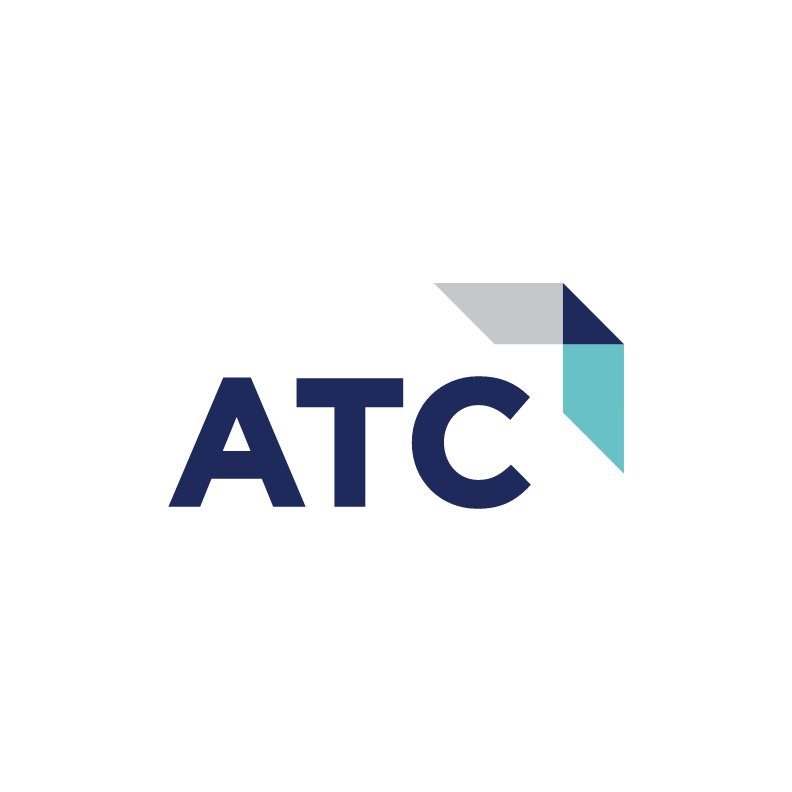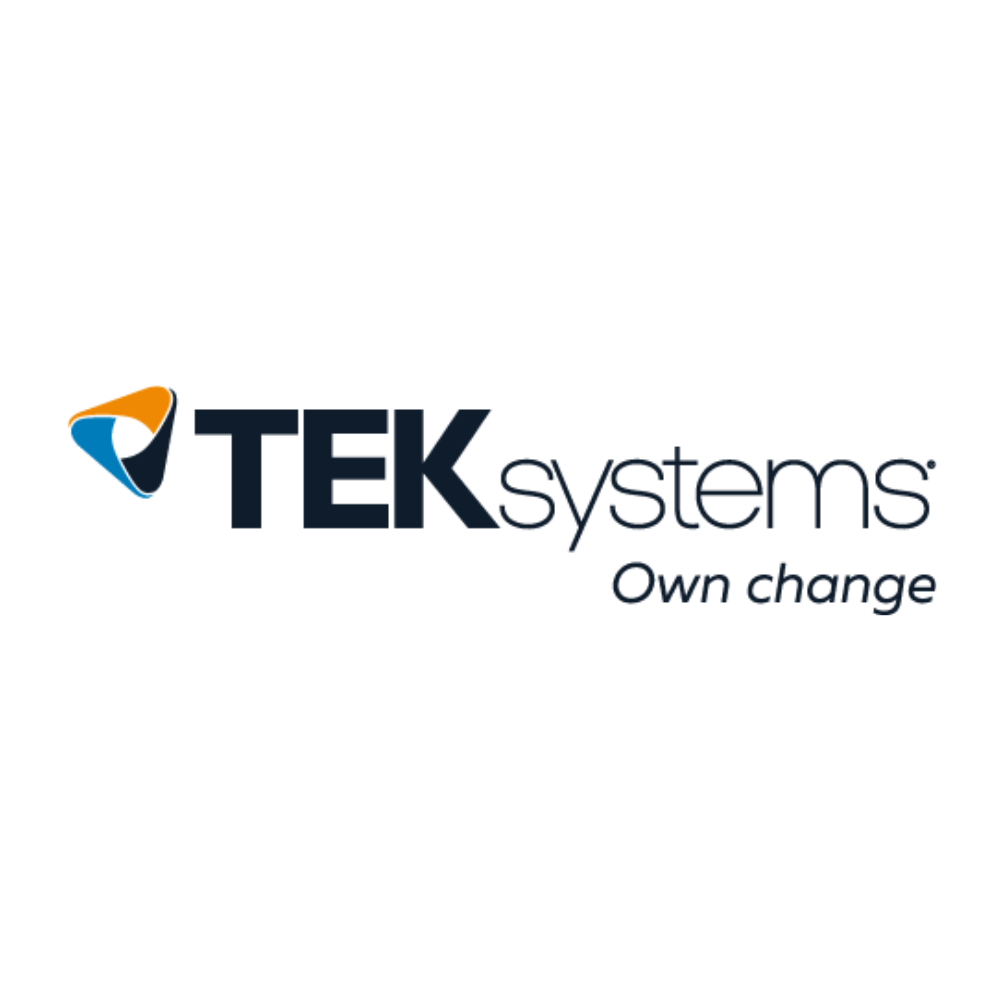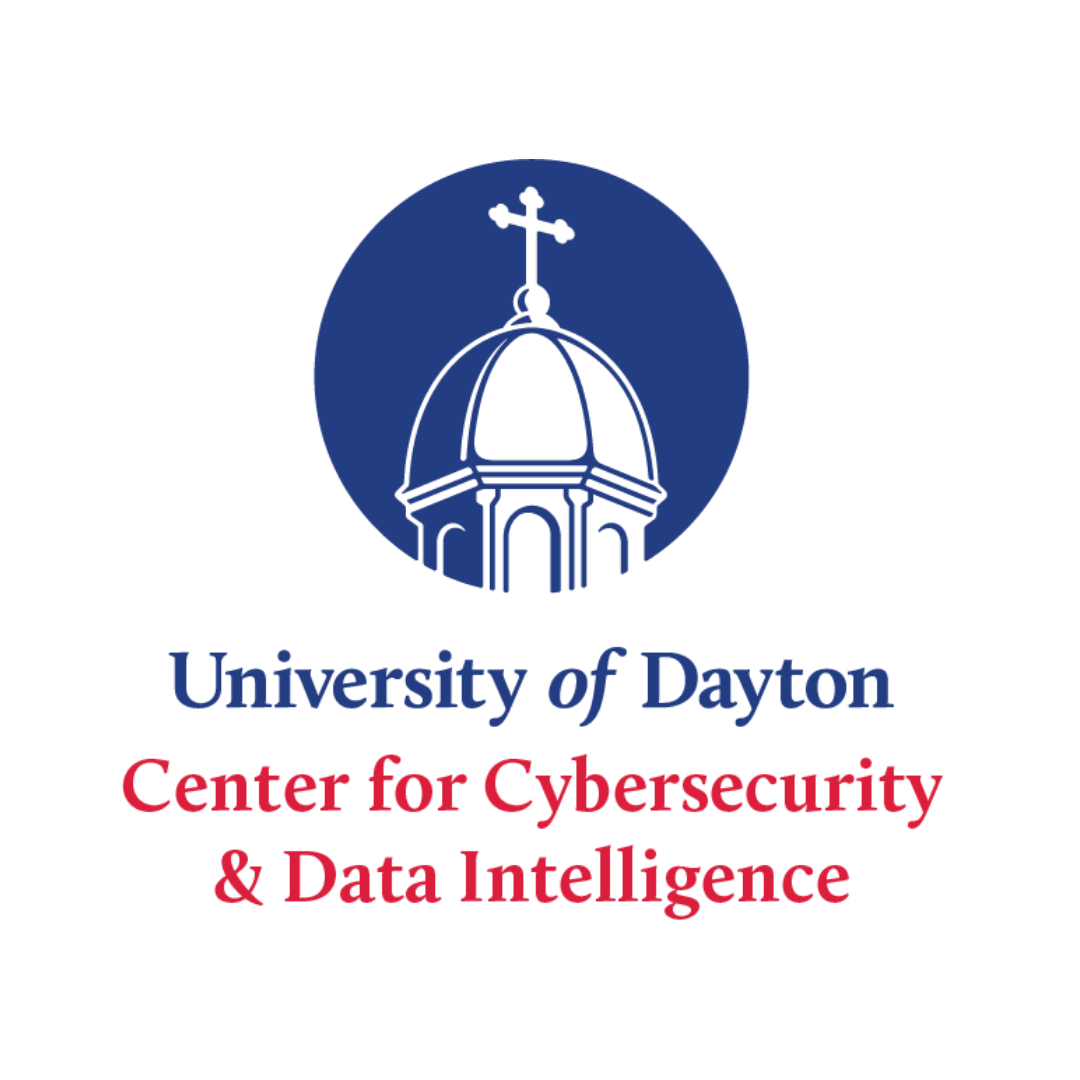
After the successful launch of Technology First's Emerging Tech Leaders program, we sat down with Coach Mike for an insightful Q&A. In this conversation, he delves into the inspiration behind the program, the pressing need to cultivate the next generation of IT leaders, and his thoughts on the evolving role of IT leadership in shaping the future.
Question: What inspired you to design the Emerging Tech Leaders program?
Coach Mike: It was a combination of a several things, but I think they all had the same underlying theme which was the massive gap in leadership and people-management focus in IT. We are a population of engineers and technical-minded people who have lived our lives relying on our logic and reason to solve everything. So often people are promoted into leadership positions and are never prepared or trained to digest and respond to the complexities of balancing technical decisions with the emotional needs of people and maintaining business relationships.
Question: What key skills and competencies do participants develop in the program?
Coach Mike: Over 12 weeks and six sessions, we explore:
- participants’ leadership styles and values,
- performance management and measuring success,
- recruiting and onboarding,
- relationships, alliances, and politics,
- as well as looking at IT from a business perspective rather than from a technical perspective.
I could probably spend six-weeks on any one of those topics, but the goal is to provide participants with exposure to experiences that we don’t talk about often or hear about but haven’t gone through. Then, help the participants understand the mechanics of each topic. Each session in the course is designed to equip attendees with insights, new tools, and various perspectives on how to navigate complex situations when they return to their roles.
Question: How does the program's interactive, scenario-based approach enhance leadership learning?
Coach Mike: Consistently, people say “I’m a hands-on learner.” In fact, I can’t think of a single time anyone has ever said to me “I can’t learn anything hands-on; what I need is a good PowerPoint presentation.” As we cover these principles, we put participants in complex scenarios, and the scenarios compound over the program. By the end of the course, we’re able to look at a scenario and consider the results of an action, balancing the financial, emotional, and relational aspects and perspectives of our customers, teams, and leadership.
Most of the scenarios are not meant to be “solved;” it’s not even about finding a “right” answer; instead, it’s about managing complexities and understanding the impact of decisions.
Question: Can you share an example of a scenario participants might encounter during the program?
Coach Mike: We had talked about who we are as a leader and started to inspect our competencies and areas of growth, as well as how that aligned with the organization we are in. In the week this scenario was presented we were discussing performance management and measurement.
The class was asked to consider all aspects of the scenario and put together a plan.

The point is not necessarily to solve the situation, but more to consider – and manage - all the dimensions at play. There’s no “right” answer; the appropriate or productive actions to take can vary wildly depending on the organization’s expectations and principles as well as the managers personal management style and values.
Also worth mentioning is that this is one of seven possible scenarios that groups are given, and this is probably one of the less complex situations.
Question: What unique challenges do new and aspiring IT leaders face today, and how does the program address them?
Coach Mike: IT leaders experience many of the same challenges that plague other leaders, especially ones who are leading highly specialized functions. And like other leaders, one of the most common challenges is often lack of training.
What I see that is unique to IT is the perception that IT is nothing more than a service center for the business. Pair that with technology solutions being oversimplified and the entire vocation seemingly being “magic,” and we are often overlooked when key decisions are made. We’re brought in far too late or handed a solution which is not viable for various reasons. Our Emerging Tech Leaders program helps by addressing this potentially detrimental dynamic, putting an emphasis and awareness around building a strong professional network, building business alliances, presenting IT as a business solution in clear, relatable terms, and making the IT team easy to work with as a partner.
Question: How do peer group collaborations contribute to the learning experience?
Coach Mike: This is one of my favorite things about the program! Having a diverse mix of industries, experience, and company sizes has proven to be very valuable, enriching our discussions. There are perspectives that people in small companies have that can influence a department leader to think more broadly, such as customer impacts. Conversely, a larger business typically has a very broad range of controls and policies that small groups may not be aware of, but either need or will need, such as IT Security or DevOps.
Sharing perspectives on team culture, hiring practices and relationship building from various backgrounds helps broaden everyone’s understanding and approaches.
Question: How does the program help participants navigate the unique challenges of the tech industry?
Coach Mike: Tech can be a bit of a black-box and sort of magical to a lot of people, so one of the biggest challenges of working in tech is trying to relate what we’re doing to objectives that make sense to others and building confidence in our business partner. Our program focuses on giving participants the tools to navigate their work culture and figure out messaging that instills trust in their organization. Inspiring trust and comradery goes much further than a lot of buzzwords and generic communication strategies that are too vague to apply to complex cultures and relationships.
Question: What advice would you give to someone considering joining the next cohort?
Coach Mike: I’d advise them to just sign up! This isn’t your typical training. We don’t hand out scripts. Instead, we explore how to grow as leaders, peers, and team members.
You’ll develop a cohort of peers, work closely with them on common goals, share insights, and solve problems together. Every session we explore lessons learned since the previous session; demonstrating how the principles we discuss influenced real actions.
Question: How do you see the role of emerging tech leaders evolving over the next few years?
Coach Mike: Over the past few years, I’ve seen growth in “functional” leadership. Roles like Scrum Masters and Technical Leads as well as Senior Technologist and Architects are establishing themselves as valuable leaders to have at the table. Leadership is shifting from purely technical roles to business partners.
Some of the best leaders I have worked for were more skilled in project management and navigating relationships than in technical disciplines.
The best organizations are moving toward enabling leaders and managers to focus on career development, coaching, organizational relationships, coordination and planning. Ultimately, organizations that embrace autonomy and self-regulation, empowering leaders to navigate and collaborate - versus a hierarchical and/or matrix structure - will be leaders in their industries, realize increased productivity and deliver more success.
Author Bio: After decades in the IT industry, moving in and out of various technical and leadership positions, Coach Mike Czarnecki was introduced to a transformational leadership coach. Working with a coach changed his life and made him realize that his love of people and personal accomplishment could be more than a task that he was expected to do off the side of his desk. With nearly 30 years of experience in large, medium, and small business, as an individual contributor and leader, a full-time employee and consultant, an employee and business owner, Mike turned his passion into reality by adding IT coach to his resume.














.png)


